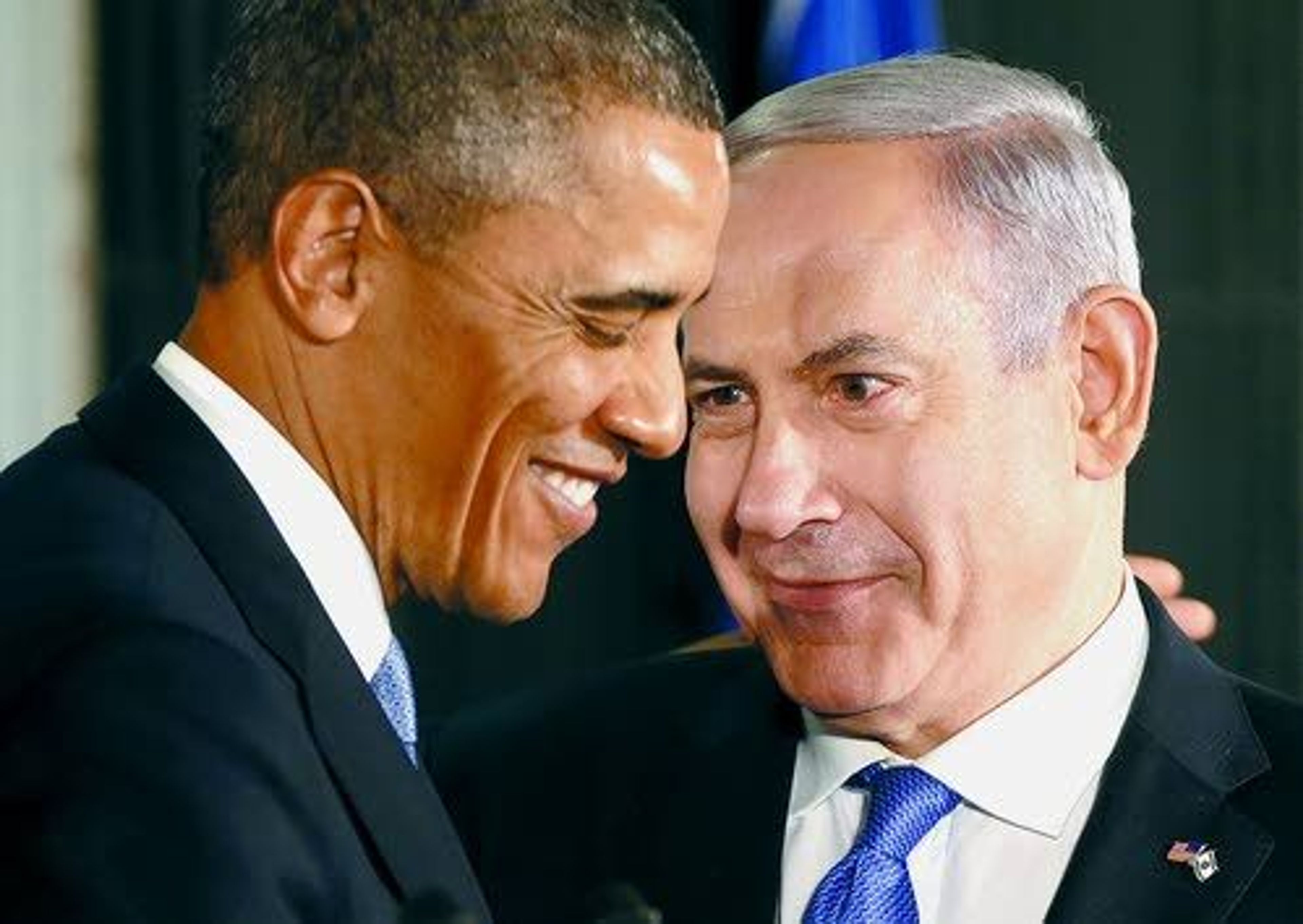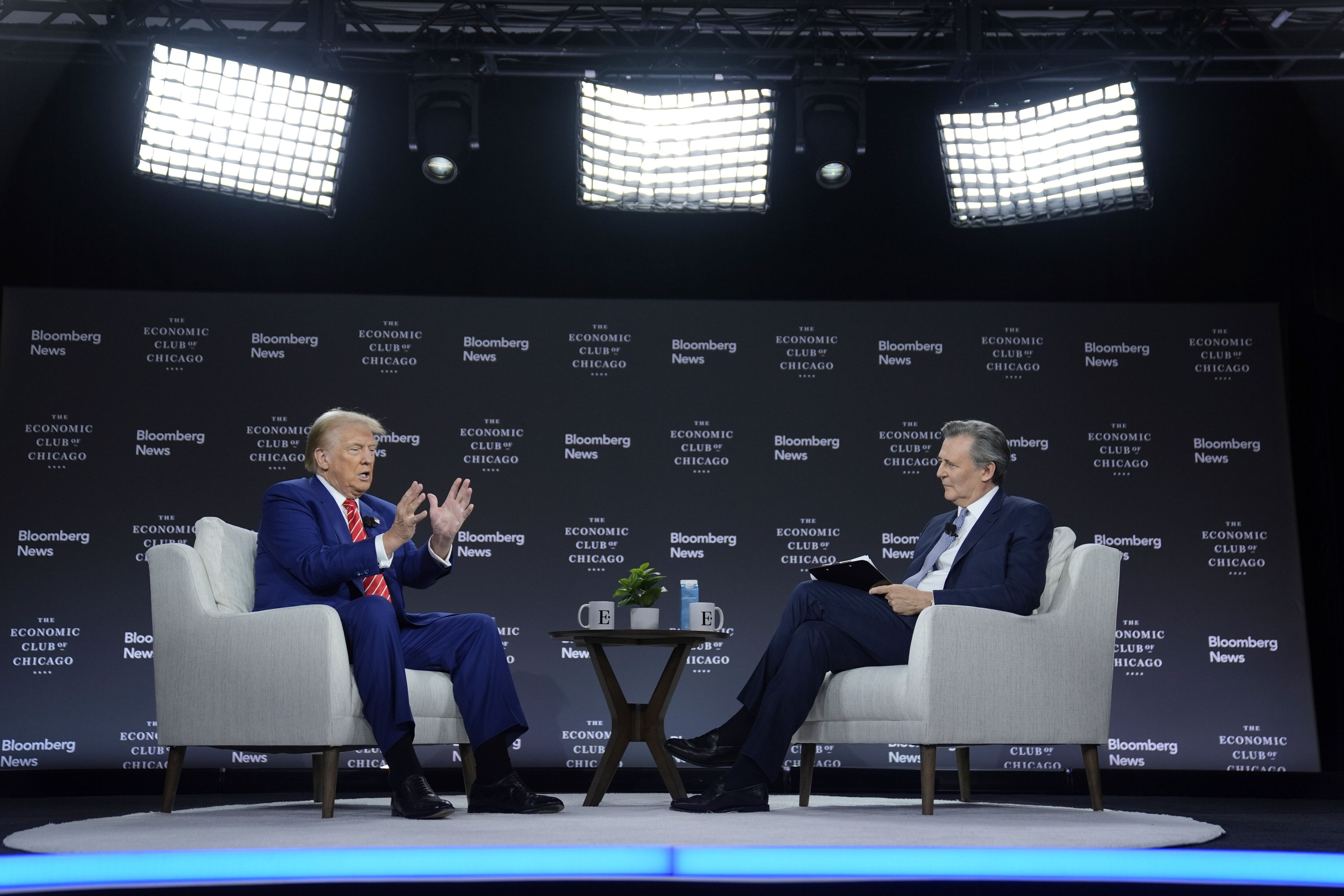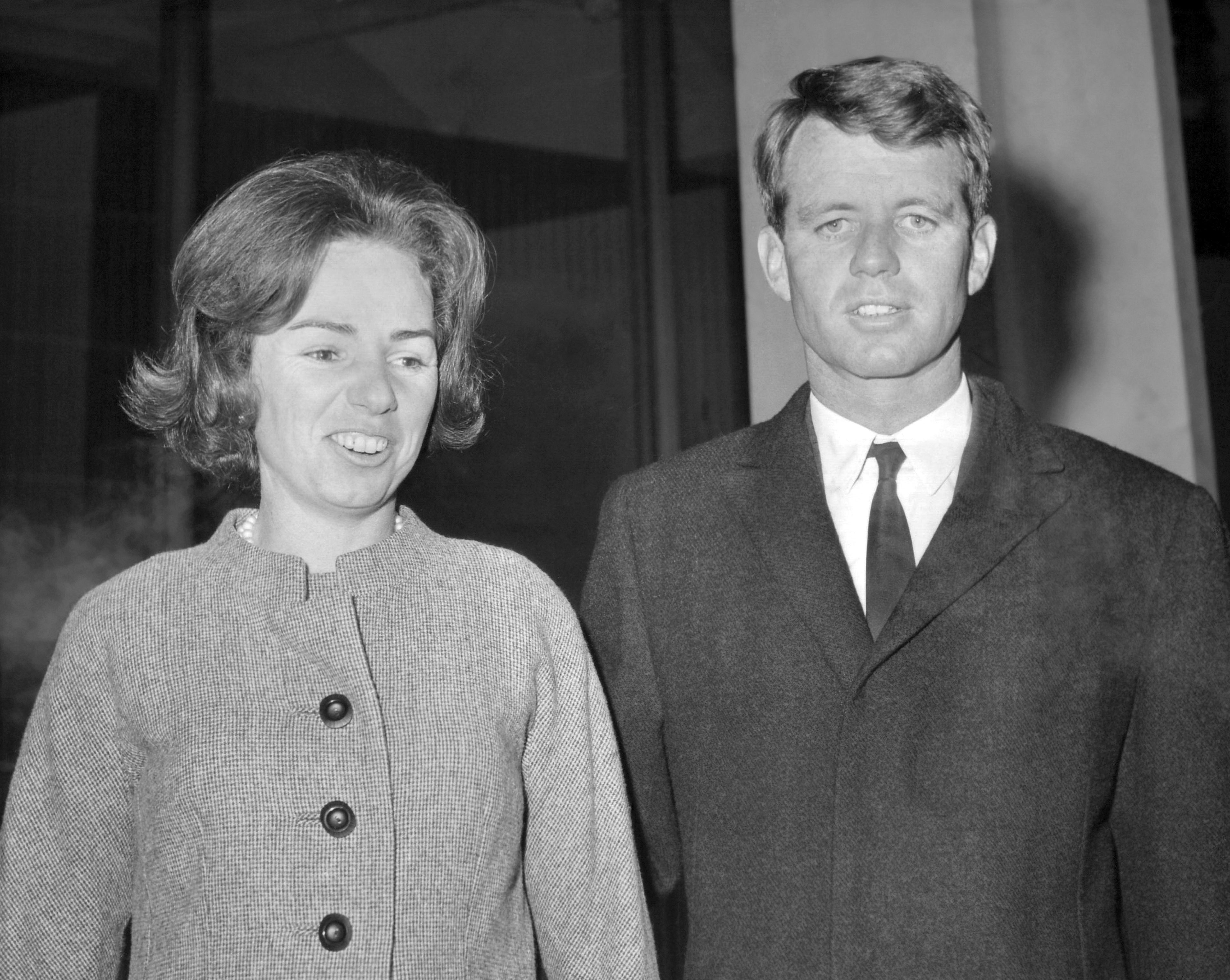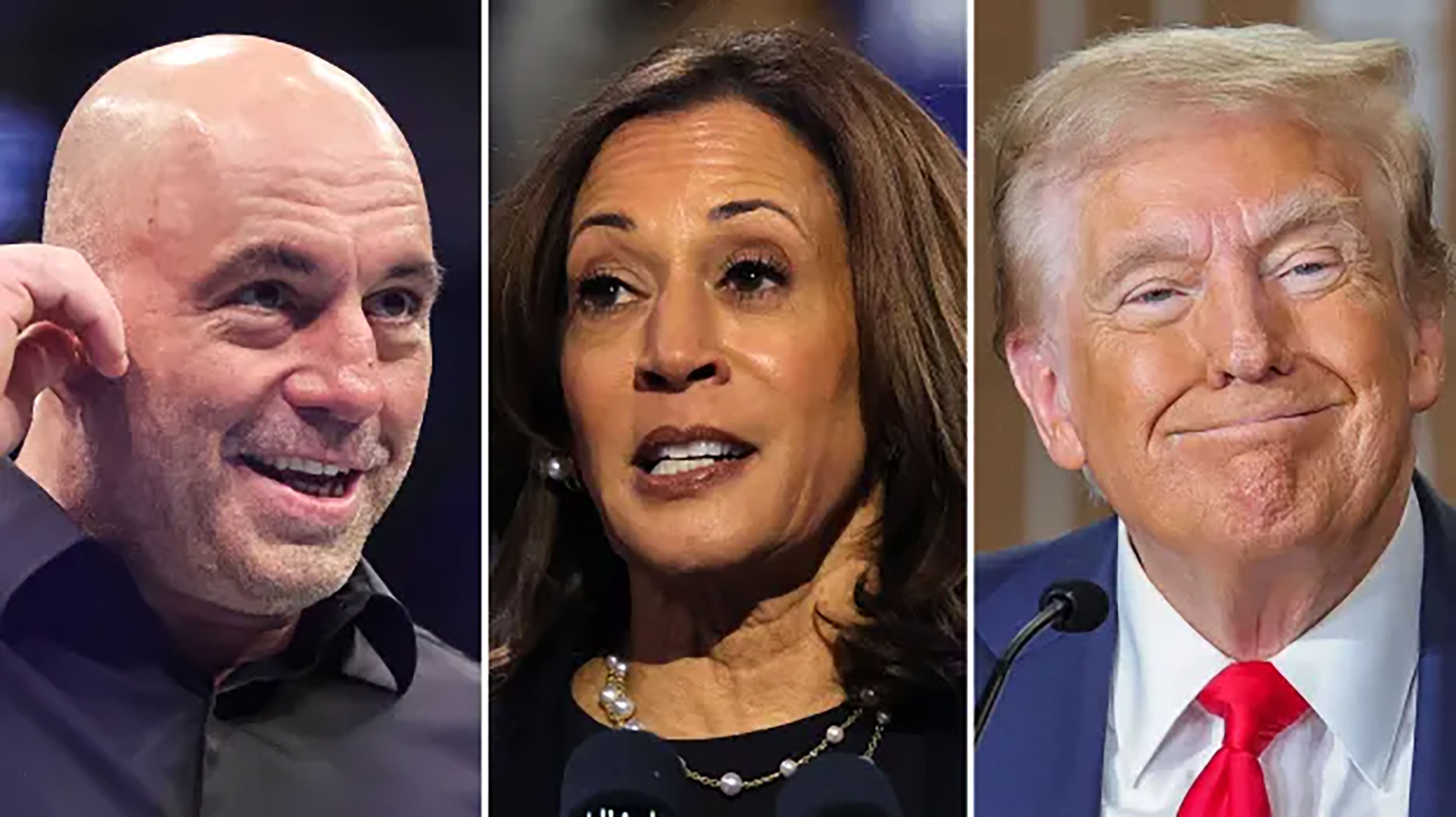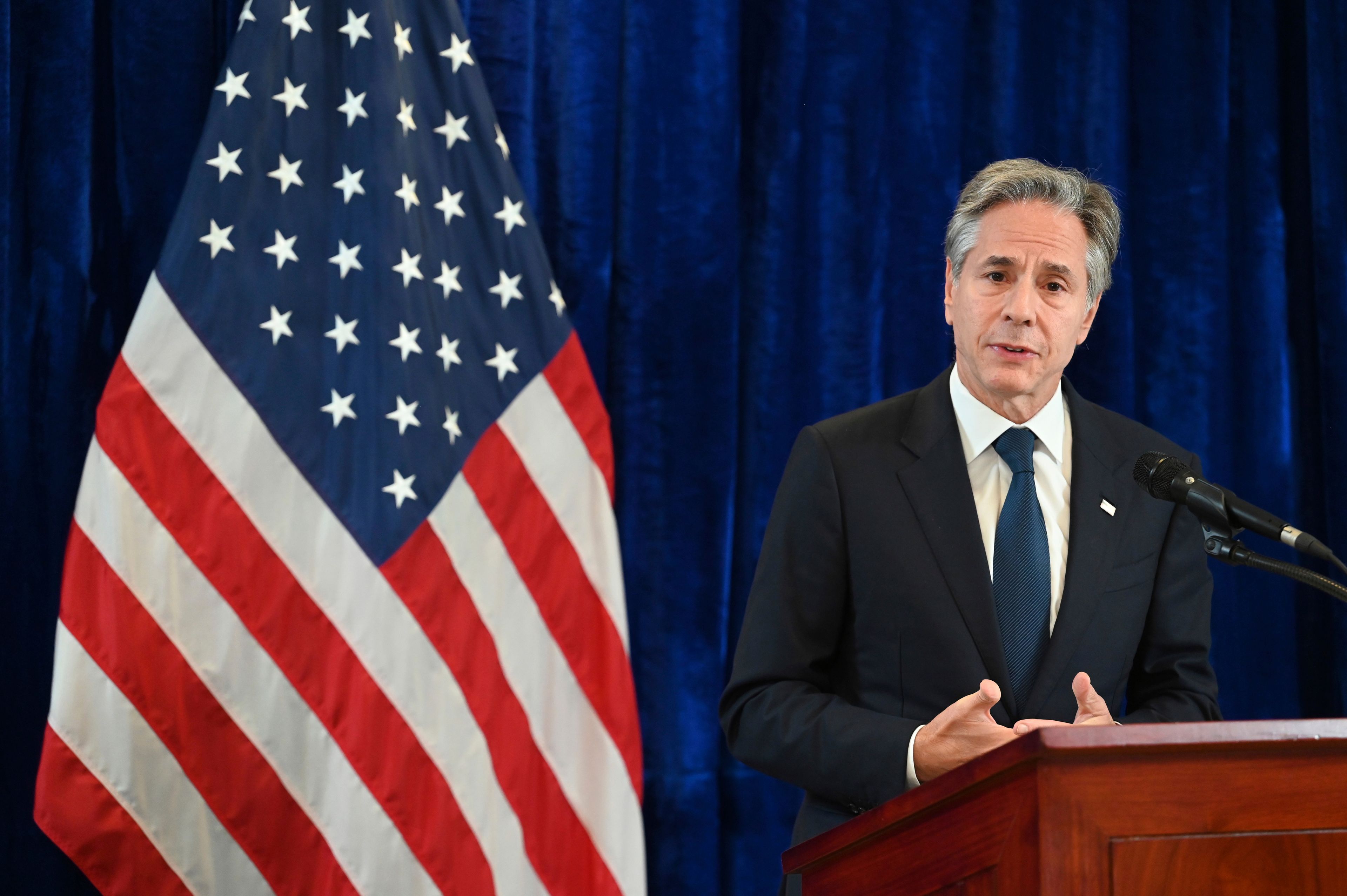For Israel's Netanyahu, nuke fight a 'sacred duty'
Israeli PM set to make his case against Iran to Congress on Tuesday
WASHINGTON - In their first Oval Office meeting, on May 18, 2009, President Barack Obama and Israeli Prime Minister Benjamin Netanyahu smiled, shook hands and pledged to do everything possible to keep Iran from getting a nuclear weapon.
That agreement - and their personal relationship - has been unraveling ever since.
While the two leaders say their objective has not changed, they have tussled over Iran for the last six years because of their conflicting convictions, ambitions and assessments.
On Tuesday, their battle will be on display as never before.
In a show of defiance, Netanyahu will go before a joint session of Congress to ask U.S. lawmakers to prevent Obama from striking a deal that would limit - but not end - Iran's nuclear program.
"Their positions have always been irreconcilable," said retired Israeli Brig. Gen. Shlomo Brom, a scholar with Israel's Institute for National Security Studies.
Obama's goal has been to resolve one of the West's foremost security worries by negotiating a deal that would curtail Iran's enrichment of uranium and other nuclear activities for at least a decade, under intensive scrutiny by the United Nations' nuclear watchdog agency, in exchange for easing sanctions on Iran.
Working with Britain, China, France, Germany and Russia, U.S. negotiators are racing to complete the outline of a deal by the end of March. If they succeed, they have a June 30 deadline to nail down the technical details for a comprehensive agreement.
Netanyahu wants Iran's nuclear program dismantled, not limited.
And he worries that once an agreement is signed, the U.S. and its allies won't have the political will to use military force to stop Iran from cheating.
Netanyahu made stopping Iran a core campaign issue when he entered politics 27 years ago. Many Israelis, including many conservative politicians, don't consider the threat as urgent as he does, analysts say.
Some Israeli critics charge he has picked a fight with Obama to bolster support from Israel's far-right wing to help win re-election March 17. But even Israelis who disagree with him acknowledge his sincerity.
Netanyahu sees himself standing steadfast, like Winston Churchill warning of Nazi Germany before World War II, when other world powers didn't have the stomach for a fight. He has often compared Iran to Nazi Germany.
Netanyahu thinks Israel must take a tougher line because it's so vulnerable.
While Israel is the greatest military power in the region, it doesn't have the overwhelming military dominance of the United States. So it doesn't have as many options or as much time to respond if it discovers Iran is secretly racing to build a bomb.
At low levels, enriched uranium is used for energy reactors. When refined to high grades, it can be used as bomb fuel.
Netanyahu has grown more critical in recent months as leaks from the closed-door negotiations suggested other concessions.
Western diplomats talked in 2013 about a deal lasting 20 or 30 years. Now they're reportedly considering one that would begin easing restrictions after 10 years and give Iran the leeway of any law-abiding nation in 15 years.
They insisted at the start that Iran could run no more than 1,500 rudimentary centrifuges. Now they're talking about allowing 6,500.
"There's a sense the concessions have mostly been on the U.S. side, while Iran has been consistent and steadfast," said Michael Singh, managing director of the Washington Institute for Near East Policy, a pro-Israel think tank in Washington.
A central worry for Netanyahu is enforcement. After a deal is signed, it may be difficult to convince nations that have resumed normal trade with oil-rich Iran to renew economic sanctions, or deploy military force, for what may appear technical violations.
Administration officials insist they would only accept a deal that makes it impossible for Iran to stage a "breakout," a race to accumulate enough nuclear fuel for one bomb, in less than one year. That would give world powers ample time to intervene, they say.
They contend a negotiated deal is a far better outcome than a collapse of talks, which would leave Iran free to resume unrestrained enrichment and other nuclear activities. A Western military attack, the other option, would end any international oversight or monitoring, and might only halt Iran's program for a few years while starting a new Mideast war.
Netanyahu is unconvinced.
After Tuesday's speech, he may launch an open campaign to line up votes in Congress to strike down any deal with Iran.
Some critics warn that his high-stakes strategy could backfire, making it easier for the White House to build public support for its deal, especially among Democrats.
Netanyahu says he has no choice.
"It's my sacred duty as the prime minister to make Israel's case," he said recently to an American pro-Israel group.
